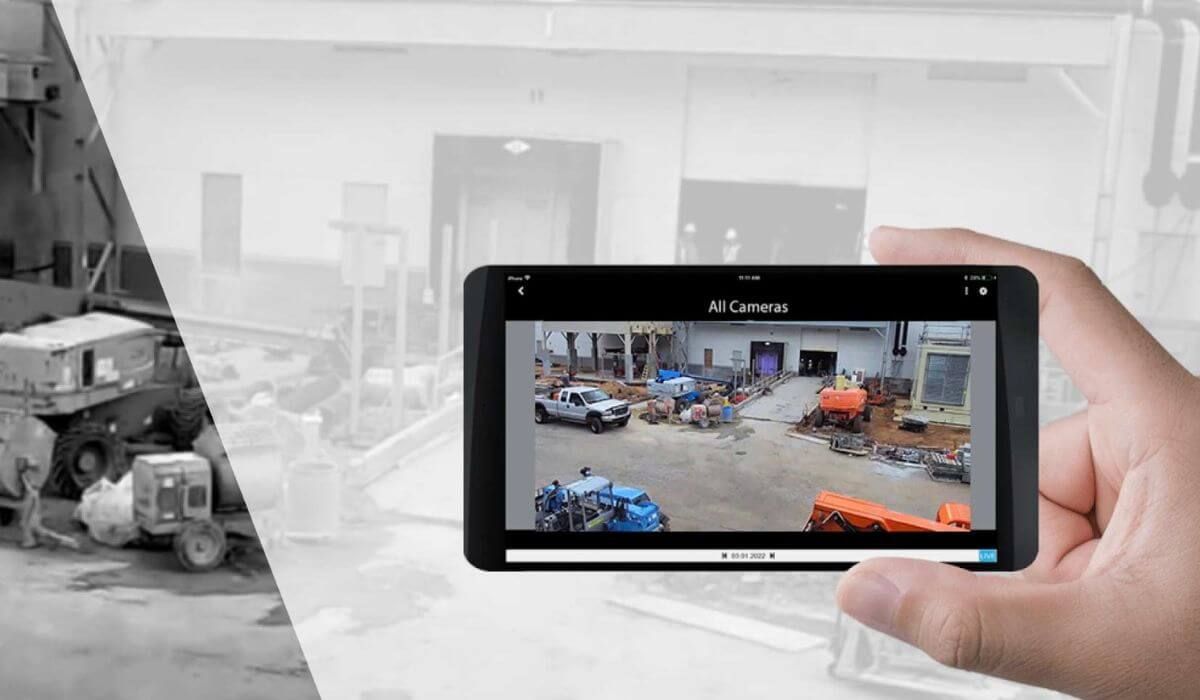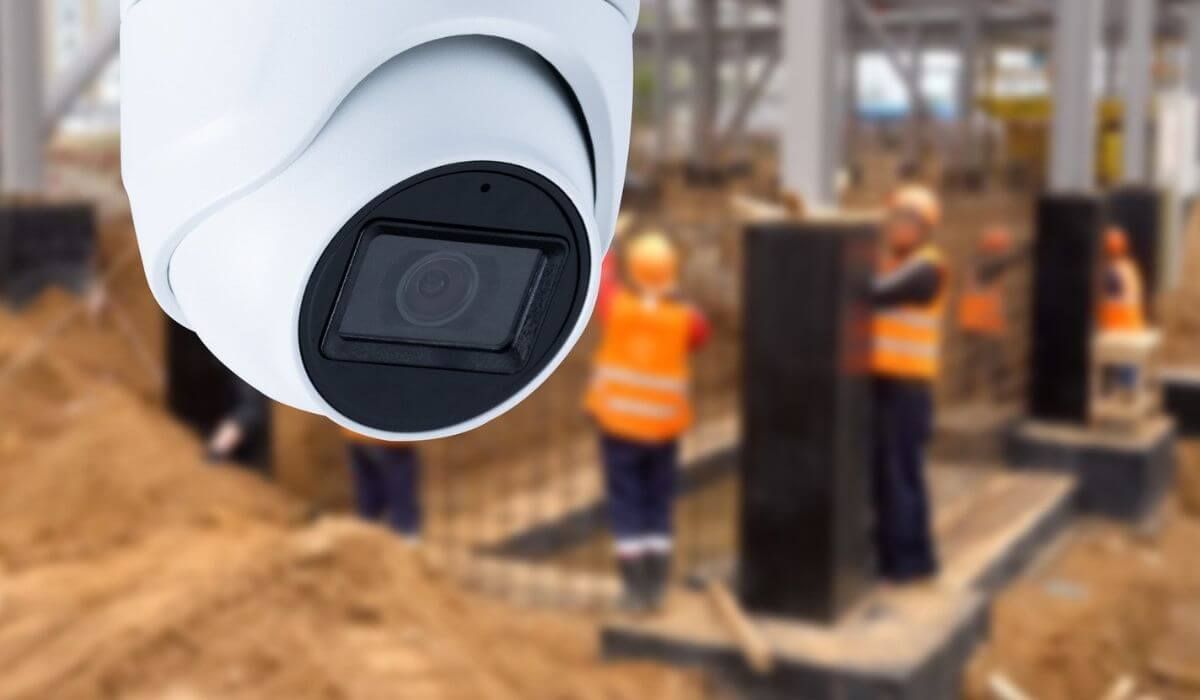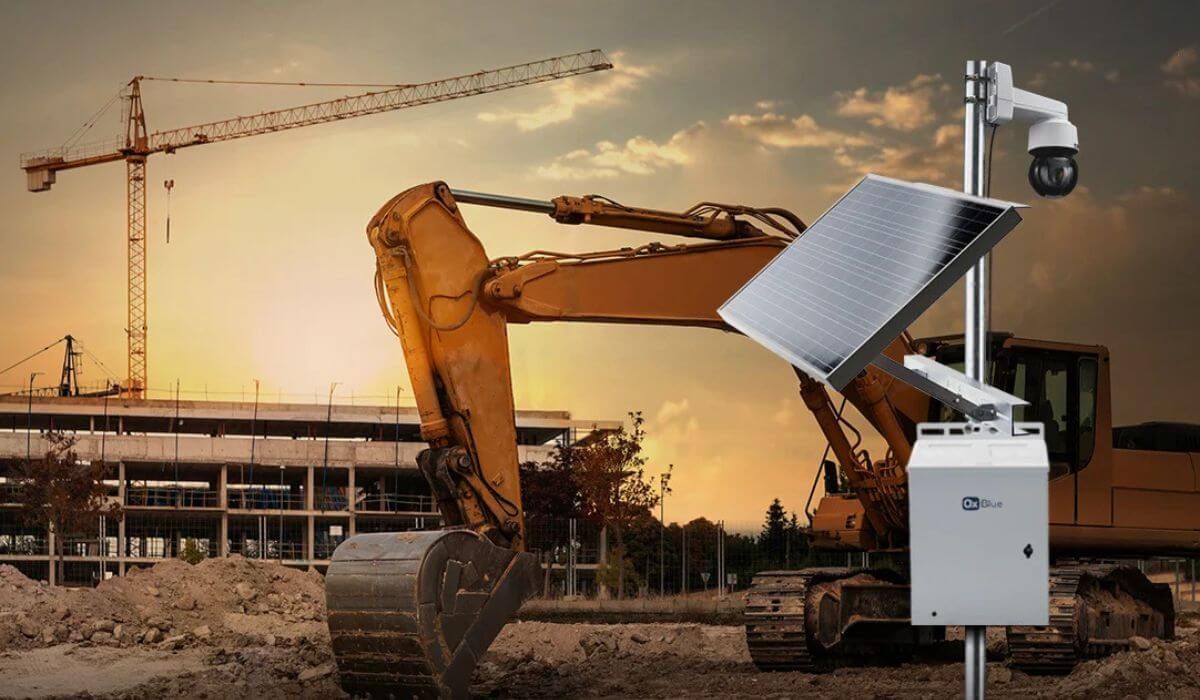Best Smart Home Platforms 2025: Which One Tops the List?
As we edge closer to 2025, the landscape of smart home technology continues to expand and evolve at an exhilarating pace. Today's consumers are faced with a multitude of choices, each offering unique features and integrations to streamline daily tasks and enhance the quality of life. Choosing the right smart home platform is critical, not only for seamless device interoperability but also for ensuring a user experience that aligns with individual lifestyles and preferences. This guide delves into the nuances of the latest smart home platforms, helping you make an informed decision based on the 2025 market offerings.
Overview of Top Smart Home Platforms in 2025
Key Features of Leading Smart Home Platforms
The 2025 lineup of smart home platforms brings an array of sophisticated features designed to enhance household efficiency and connectivity. Innovations like advanced scene management, which allows devices to react to real-time environmental changes, and enhanced security protocols that ensure your home remains safe and private, are setting new standards in the industry. These platforms also integrate seamlessly with a wider range of devices, from traditional home appliances to newer IoT gadgets, providing users with unparalleled control and customization options.
Industry Leaders in Smart Home Automation
As we review the industry leaders, it's clear that companies like Google, Amazon, and Apple continue to dominate the market, each pushing the boundaries of what smart home ecosystems can achieve. However, emerging players like Samsung and Xiaomi are making significant inroads, offering competitive features that cater to specific demographic preferences such as budget-friendly setups or highly customizable interfaces.
Criteria for Evaluating Smart Home Platforms
Compatibility with Other Devices
One of the first criteria to consider
when choosing a smart home platform is its compatibility with other devices. A platform that supports a wide range of devices and brands, including third-party products, ensures that you can retain much of your existing hardware or choose new gadgets without being locked into one ecosystem.
User Interface and Ease of Use
The user interface is another crucial factor. Platforms that offer intuitive, user-friendly interfaces make it easier for everyone in the household to interact with the system, regardless of their tech-savishness. Look for platforms that provide simple, streamlined commands and the ability to customize controls to suit your family’s habits.
In-Depth Comparisons of Smart Home Platforms
Pros and Cons of Each Platform
Each
smart home platform
has its strengths and weaknesses. For instance, Google Home excels in voice command accuracy and data integration, while Apple's HomeKit offers better data security and user privacy. Understanding these differences can significantly impact your satisfaction with the chosen platform.
Cost Analysis of Smart Home Solutions
Cost remains a decisive factor for many households. Some platforms may offer lower upfront costs but require ongoing subscriptions for full functionality, while others might be more expensive initially but come with more features out-of-the-box. Analyzing the long-term costs associated with each option will help you find a balance between budget and functionality.
Choosing the Best Platform for Your Needs
Tailoring Your Choice to Your Lifestyle
Selecting a
smart home
platform should be tailored to your lifestyle. Consider how each platform’s features align with your daily routines. Do you need more robust automation for home security, or are entertainment and convenience more important?
Future-Proofing Your Smart Home Setup
Lastly, consider the future-proofing potential of the platform. With technology rapidly advancing, you'll want a system that not only meets your current needs but can also adapt to future innovations and standards.
Conclusion
Choosing the right
smart home platform in 2025 involves a careful analysis of your current and future needs, a thorough understanding of each platform's features and limitations, and consideration of your budget. By aligning your choice with your lifestyle and preparing for future trends, you can create a highly functional and enjoyable smart home environment.
Stronger CTA
"Ready to transform your living space with the best
smart home platform
of 2025? Visit Scavi today for detailed comparisons and expert reviews to make your perfect choice. Step into the future of home automation with Scavi and experience cutting-edge technology tailored to fit your life!"
FAQs About Best Smart Home Platforms 2025
What are the top smart home platforms in 2025?
The leaders are Google Home, Amazon Alexa, Apple HomeKit, with Samsung SmartThings and Xiaomi catching up.
How do I determine which smart home platform is best for me?
Evaluate based on device compatibility, cost, user interface, and how well the platform’s features align with your lifestyle.
What factors should I consider when comparing smart home systems?
Consider compatibility, cost, ease of use, privacy features, and the ability to integrate with both current and future smart devices.
Can I switch smart home platforms easily if needed?
Switching can be complex depending on the devices you own. Choosing a platform with broad compatibility can ease this transition.





